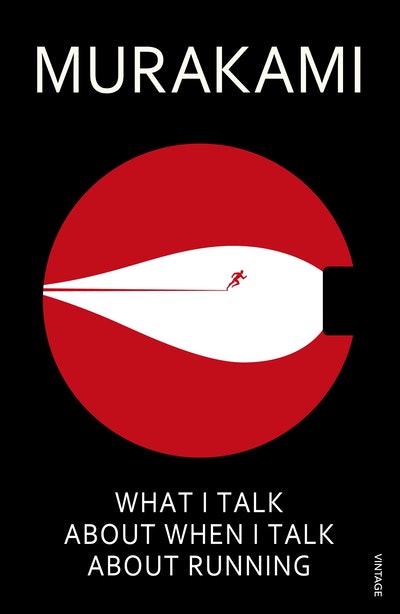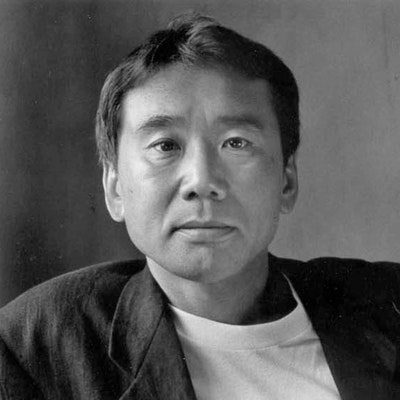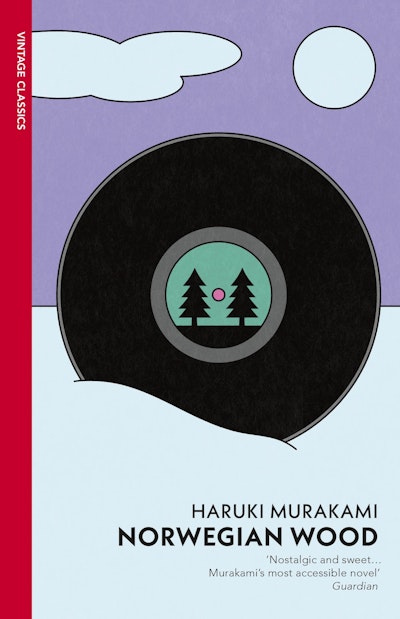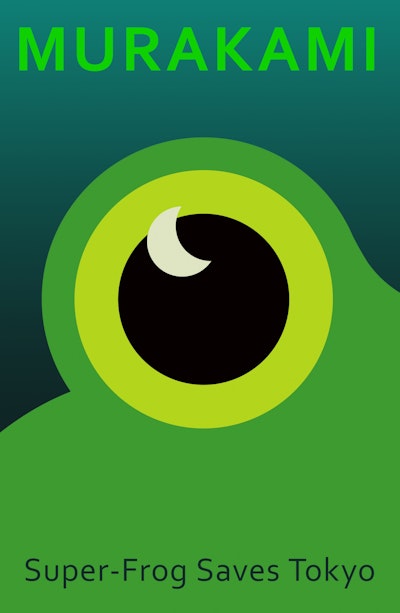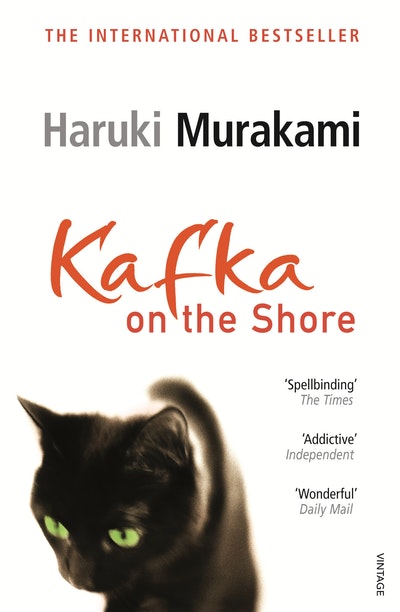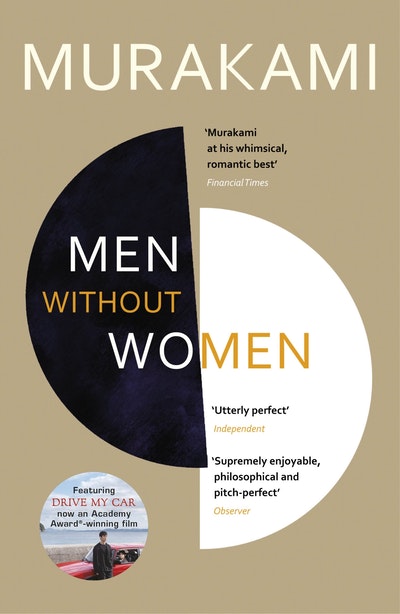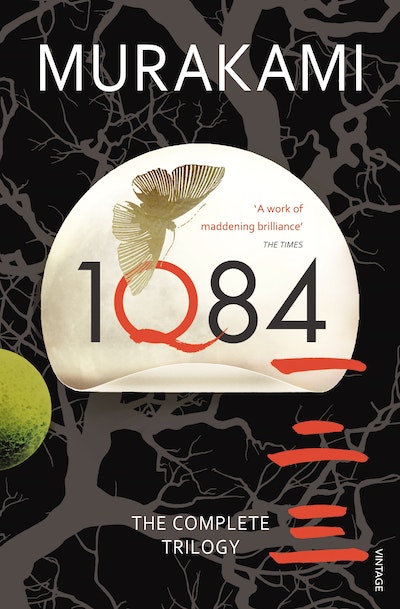[]
What I Talk About When I Talk About Running
Formats & editions
Buy from…
- Published: 10 October 2011
- ISBN: 9781448103737
- Imprint: Vintage Digital
- Format: EBook
- Pages: 192
Murakami gives me a reason. It might seem romantic, but it's true. I had to run…but I didn't enjoy running. I do enjoy, however, running with Murakami.
Ioan Marc Jones, Huffington Post UK
Murakami distils his own process of writing fiction in this layered and meditative memoir.
Big Issue
A wonderful exploration of work, place and life’s meanders.
Geographical
It’s an inspiring, reflective read that’ll make you want to dust your trainers off
Andy McNicoll, Professional Social Work
An outstanding read
Peter Sharkey, Eastern Daily Press
